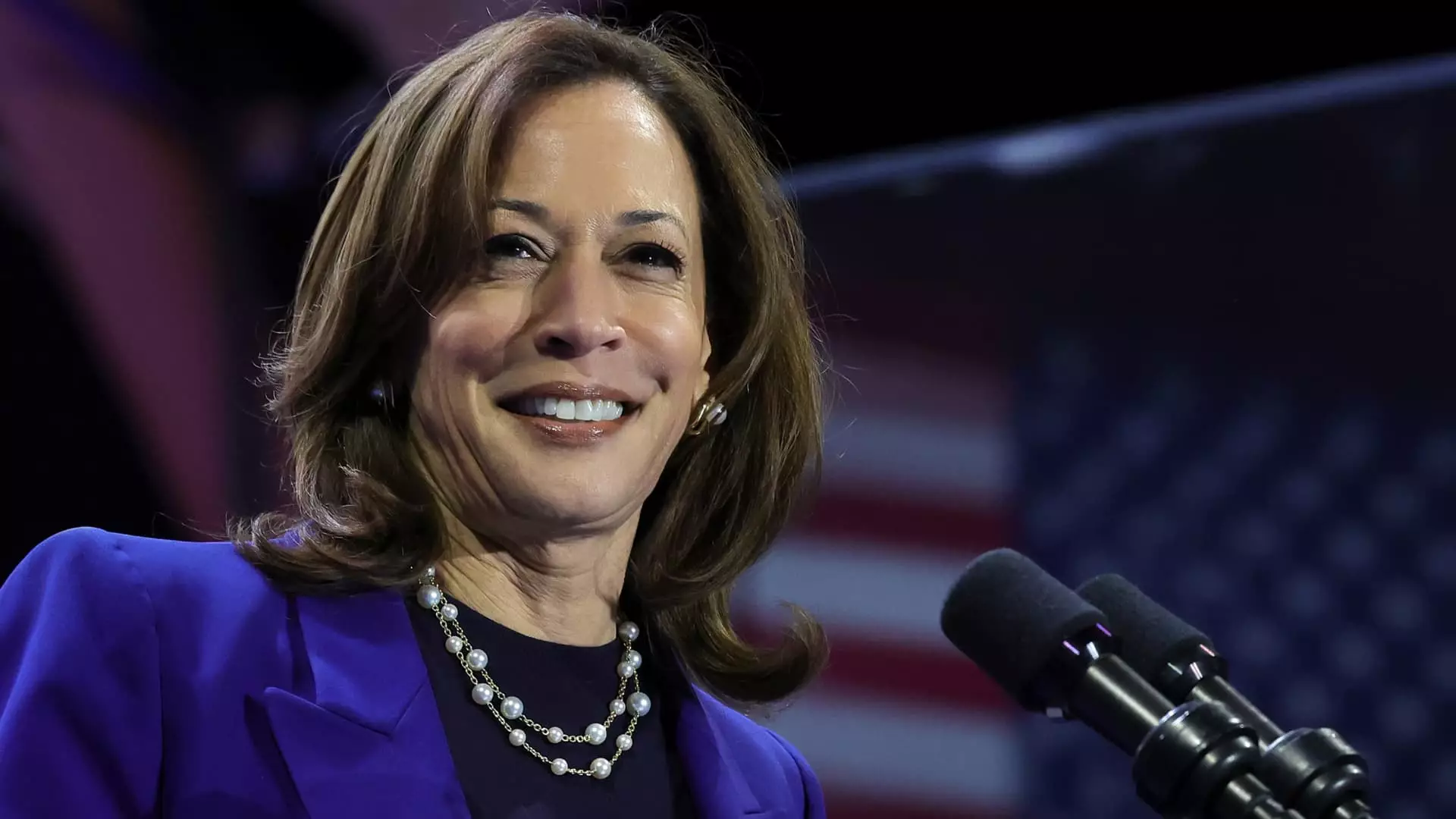In an unexpected twist just days before the election, a recent poll indicates that Kamala Harris holds a slim lead over Donald Trump in Iowa, marking a significant change in the political landscape of the state. The Des Moines Register/Mediacom Iowa Poll shows Harris at 47% compared to Trump’s 44% among likely voters. Although this 3-point margin falls within the poll’s margin of error of 3.4 percentage points, it nonetheless signifies a notable 7-point shift toward Harris since polling data was last released in September.
Political observers are understandably taken aback; many analysts had anticipated Trump maintaining his dominance in a state he has comfortably carried in the past two elections. Despite both candidates refraining from campaigning in Iowa recently, as they awaited the outcomes of primary elections, this new data suggests Harris has gained a foothold among voters at a crucial time.
Demographic Insights into Voter Preferences
The surge in support for Harris appears to stem prominently from female voters, particularly those who are older and identify as politically independent. According to J. Ann Selzer, president of Selzer & Co., “Age and gender are the two most dynamic factors that are explaining these numbers,” underscoring the demographic nuances at play. This shift indicates that Harris’ message may be resonating more effectively with certain segments of the population, which could be pivotal in the closing days of the campaign.
Additionally, the poll highlights the complexities surrounding voter allegiance, particularly concerning independent candidates. Although Robert F. Kennedy Jr. has withdrawn his candidacy in favor of Trump, he remains on the ballot, collecting 3% of the vote in this poll. This situation reflects the evolving dynamics within the electorate and could complicate Trump’s efforts to consolidate his support base.
The Context of the Race
It is essential to contextualize these findings amid Trump’s previous successes in Iowa—he won the state by a significant margin in both 2016 and 2020. Earlier this year, Trump boasted a commanding 18-point lead over President Biden in June, which has drastically shrunk as the election has neared. For Trump, the notion that he could now be trailing in Iowa, albeit slightly, signals a potential shift in voter sentiment as the dynamics of the race evolve.
The Trump campaign quickly dismissed the Des Moines Register poll as an “outlier,” citing a contrasting Emerson College poll released the same day, which indicates Trump leading Harris 53% to 43%. This immediate counter-analysis could illustrate the inherent volatility and unpredictability of polling data, especially as campaigns ramp up their final efforts to sway undecided voters.
As Election Day draws closer, Iowa is shaping up to be a pivotal battleground. Harris’ surprising lead, bolstered by changing demographics and shifting voter loyalties, poses questions about Trump’s ability to maintain his position in a state crucial for his electoral strategy. The final days of campaigning could prove pivotal as both candidates scramble to consolidate their support in a race that grows more contentious by the hour. Iowa’s outcome may well set precedents, reflecting broader national trends as the electorate’s preferences become increasingly complex and nuanced.


Leave a Reply